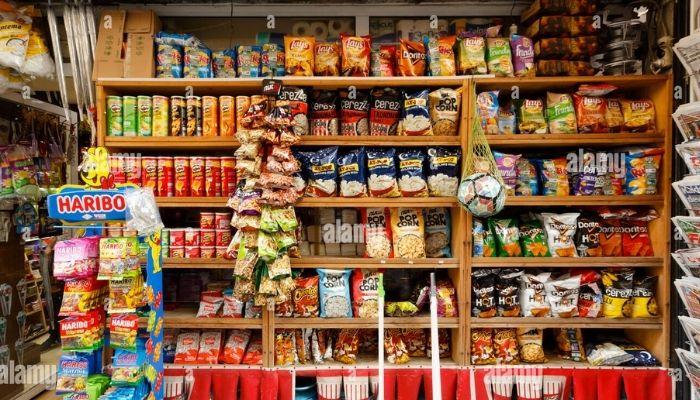The Fast-Moving Consumer Goods (FMCG) market in Nigeria has experienced a 17.4 per cent decline in transaction volume for 2024, according to a recent report by NielsenIQ. This downturn reflects the ongoing economic struggles Nigerians face due to soaring inflation and rising costs.
The NielsenIQ report, which assesses market performance and consumer behavior up to March 2024, indicates that the decline follows a 4 per cent decrease recorded in 2023. The report highlights the severe impact of reduced purchasing power on consumer spending amid inflationary pressures.
As of June 2024, Nigeria’s inflation rate has surged to 34.2 per cent, forcing consumers to spend more on fewer goods. Despite these challenging conditions, the report reveals a paradoxical growth in the value of the FMCG market, which increased by 21.6 per cent in 2023 and further accelerated to 24.8 per cent in 2024. This suggests that while transaction volumes are down, consumers are spending more on essential goods, driving up the market’s overall value.
Associate director of West Africa at NielsenIQ, Joyce Nwachukwu commented, “The increase in market value despite lower transaction volumes indicates that consumers are buying fewer items but spending more on essentials, driving up the overall market value.”
The report also reveals that 81 per cent of Nigerian consumers feel worse off this year compared to last, citing rising costs for fuel and food as primary drivers of the cost-of-living crisis. The economic slowdown further exacerbates these challenges.
NielsenIQ’s analysis across several FMCG sectors—home care, personal care, confectionery & snacks, non-alcoholic beverages, and food—shows that companies focusing on innovation are experiencing better sales performance. Manufacturers with growing innovation sales were found to be 1.8 times more likely to achieve overall sales growth. In particular, home care and personal care manufacturers saw sales boosted by 4.2 times and 2.9 times, respectively.
The report challenges the notion that innovation success rates are low. It found that 52 per cent of innovations led to increased sales in the second year, debunking traditional views on innovation efficacy in the FMCG sector.
Head of Innovation Insights (BASES), East & West Africa at NielsenIQ, Bayonle Oseni said, “Investing in innovation and research and development can unlock significant growth opportunities. Understanding innovation vitality across categories allows companies to allocate resources more effectively.”
Managing director of NielsenIQ (East and West Africa), Faith Wanderi, emphasised the need for businesses to adapt to shifting consumer behaviors and make informed decisions on pricing, brand extension, and distribution. She advised manufacturers to connect with consumers through innovative approaches, such as offering varying product sizes.
Nigeria is grappling with its worst cost-of-living crisis in decades, with inflation reaching 34.19 per cent—the highest in 28 years—and food inflation exceeding 40 per cent as of June 2024. This inflation spike follows the removal of the petrol subsidy in May 2023 and a more than 100 per cent devaluation of the naira since June 2023 by the Central Bank of Nigeria.
In response, the federal government has launched several social intervention programs, including cash transfers, low-interest loans for businesses, and grants for MSMEs. Additionally, the government has approved a significant increase in the minimum wage. However, many Nigerians remain dissatisfied, with recent “Hunger Protests” highlighting the continued struggles faced by the population.





